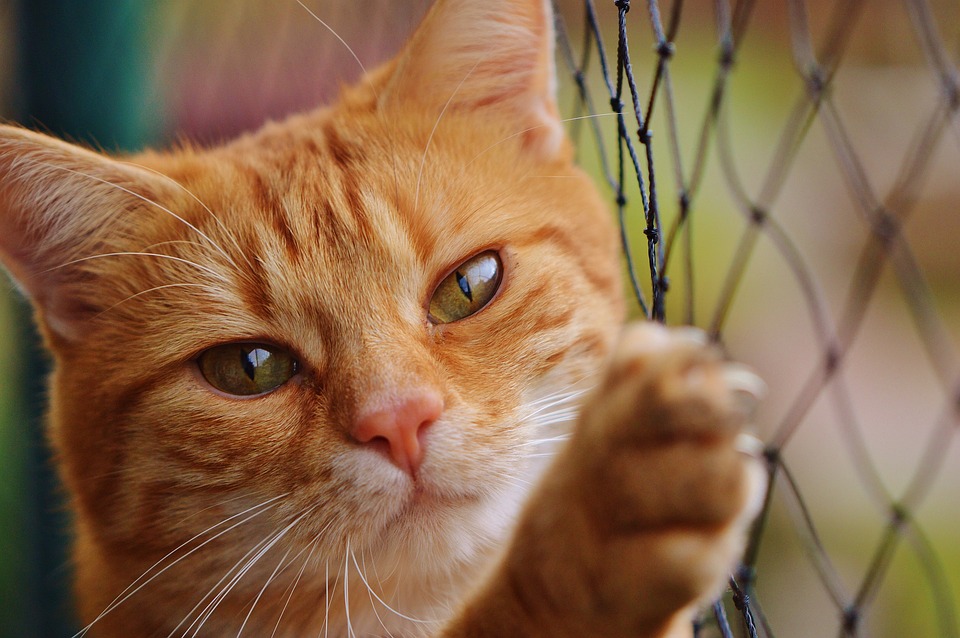Respiratory infections in cats can be a cause for concern as they can cause discomfort and potentially lead to serious health complications if left untreated. As a responsible cat owner, it is important to be aware of the signs of respiratory infections and take appropriate action to address and prevent these issues.
Respiratory infections in cats, also known as feline upper respiratory infections (URIs) or feline viral respiratory diseases, are typically caused by viruses and bacteria. These infections primarily affect the upper respiratory system, including the nose, throat, and sinuses. URIs are highly contagious and can easily spread from one cat to another, especially in multi-cat households or shelter environments.
Early detection is key in managing respiratory infections in cats. Here are some common signs to look out for:
1. Sneezing and Nasal Discharge: Cats with respiratory infections often experience frequent sneezing and nasal discharge. The discharge may vary in color and consistency, ranging from clear and watery to thick and yellowish.
2. Coughing: Persistent coughing or wheezing can be a sign of a respiratory infection. It’s important to note that coughing in cats may sound different from dogs or humans, often resembling a gagging or hacking sound.
3. Congestion and Difficulty Breathing: If your cat seems to struggle with breathing, breathes rapidly, or exhibits congestion (noisy breathing), it may indicate a respiratory infection. You may notice their chest and abdomen moving more noticeably while breathing.
4. Red and Watery Eyes: Inflamed or red eyes, accompanied by excessive tearing or discharge, can be a sign of a respiratory infection. Cats may also exhibit sensitivity to light or appear to squint frequently.
5. Loss of Appetite and Lethargy: Respiratory infections can cause a decreased appetite and a lack of energy in cats. If your typically active and enthusiastic cat becomes withdrawn or uninterested in food, it may be a sign of illness.
If you suspect your cat has a respiratory infection, it is crucial to consult a veterinarian for an accurate diagnosis and appropriate treatment plan. Here are some general guidelines for addressing respiratory infections in cats:
1. Isolate Sick Cats: To prevent the spread of infection, separate the infected cat from other cats in the household. Ensure they have a comfortable space with access to food, water, and a litter box.
2. Provide Proper Nutrition: Encourage your cat to eat by offering palatable, high-quality wet food, which can be more appealing to them when they have a reduced sense of smell. Ensure they have access to fresh water at all times.
3. Keep the Environment Clean: Regularly clean and disinfect your cat’s living area, litter box, and toys. Use pet-safe disinfectants and wash your hands thoroughly after handling the infected cat.
4. Administer Medication as Prescribed: If your veterinarian prescribes medication, follow their instructions carefully. Complete the full course of antibiotics or antiviral medication, even if your cat seems to have recovered.
5. Monitor and Provide Comfort: Keep a close eye on your cat’s symptoms and overall condition. Provide a warm and quiet environment to help them rest and recover. If their condition worsens or they show signs of distress, seek immediate veterinary attention.
It’s important to note that while certain measures can help reduce the risk of respiratory infections, it may not be possible to prevent all infections. Vaccinating your cat, maintaining good hygiene practices, and minimizing stress can contribute to preventing respiratory infections.
Most respiratory infections in cats are species-specific and cannot be transmitted to humans. However, some infections caused by zoonotic agents can be transmitted, so good hygiene practices are always recommended.
It is crucial to seek veterinary attention for a proper diagnosis and appropriate treatment if you suspect your cat has a respiratory infection. These infections can progress rapidly and may require medical intervention to prevent complications.
While it is not recommended to rely solely on home remedies for treating respiratory infections in cats, you can support your cat’s recovery with a warm and calm environment, proper nutrition, and keeping them hydrated.
Remember, the information provided in this article is for educational purposes only and should not replace professional veterinary advice. If you suspect your cat has a respiratory infection, consult your veterinarian for a thorough evaluation and personalized guidance.








